Archive for the ‘Alternate Dispute Resolution’ Category
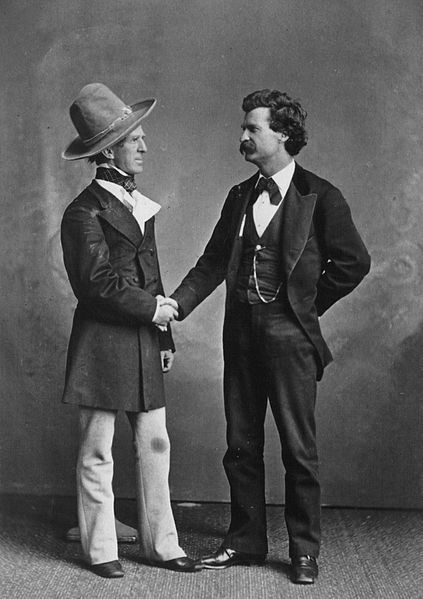
WHAT’S NEW IN 2020 CALIFORNIA PROHIBITS MANDATORY EMPLOYEE ARBITRATION AGREEMENTS
Arbitration is a form of private dispute resolution that takes the place of a lawsuit and court trial. Arbitration has many business-related advantages, including a more efficient, less-public process than the often-prolonged procedures of the court. Thus, employers often favor this alternative. California Labor Code section 432.6, effective January 1, 2020 as part of Assembly […]
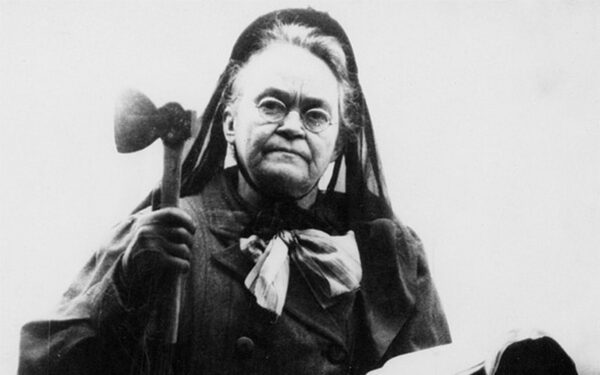
DEALING WITH THE WORKPLACE “DEBBIE DOWNER”
Properly Confronting the Chronically Negative Employee According to Wiktionary.org, a “Debbie Downer” is a “naysayer; one whose negative remarks depress or dissuade others.” Most seasoned managers will be all too familiar with how one negative individual can bring down the entire workforce’s morale. Employers are often reluctant to terminate someone just for a negative attitude, […]
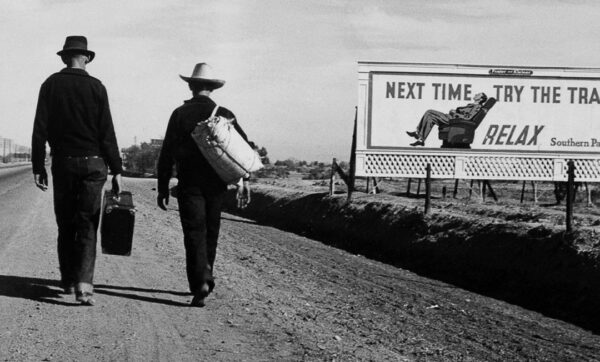
MY WAY OR THE HIGHWAY
California At-Will Employees Bound to Lawful Policy Changes by Continuing to Work after Their Adoption In Diaz v. Sohnen Enterprises, California employer Sohnen Enterprises instituted a mandatory dispute resolution policy requiring that all employee claims be arbitrated. “Arbitration” is a private dispute resolution tool, bypassing court trials by jury. The company informed the employees of […]

SAFE HARBOR IN SIGHT, PIECE WORK COMPENSATION IN CALIFORNIA
July 1, 2016 Deadline Approaching for Notice To Take Advantage of Critical Backpay Provisions As we reported in last December’s Piece Work Compensation is a Wreck Waiting to Happen, The Perils of New Labor Code Section 226.2 (Piece Work), California has implemented detailed requirements for production-based compensation systems beginning January, 2016. This new law affects […]

EMPLOYMENT ARBITRATION AGREEMENTS
In California, the Battle Continues While private parties doing business are free to agree to arbitrate any dispute between them outside of the courts, an employer who presents a “take-it-or-leave-it” arbitration requirement to a job applicant as a condition of hiring presents special problems. California’s appeals courts have been particularly dedicated – or perhaps in […]
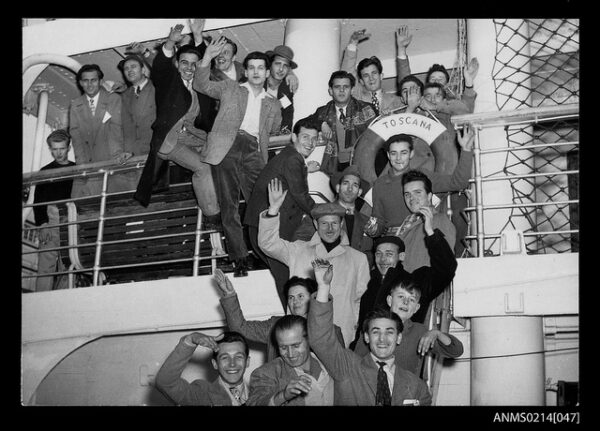
CALIFORNIA LABOR LAWS 2015 CALIFORNIA EXPANDS NATIONAL ORIGIN DISCRIMINATION DEFINITION
The Effect of an “Undocumented” Driver’s License On Workplace Policy and Procedure is Touchy In 2013, Assembly Bill [AB] 60 created Vehicle Code section 12801.9 authorizing the California Department of Motor Vehicles (DMV) to provide driver’s licenses to undocumented individuals. AB 60 thus directs the DMV to accept alternative satisfactory forms of proof of identity […]
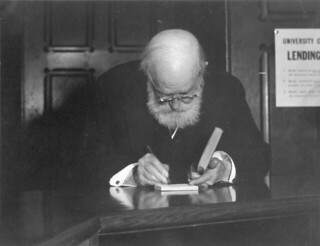
ARBITRATION COMPANIES MUST DISCLOSE CERTAIN INFORMATION
“Private” Arbitrations No Longer Private In California Effective January 1, 2015 in California, private arbitration companies, including the American Arbitration Association (AAA) and Judicial Arbitration and Mediation Services (JAMS), must publicly post certain previously-confidential information about their arbitrations. (Assembly Bill [AB] 802). AB 802 amends California Code of Civil Procedure section 1281.96 to require AAA, […]

CONTRACTOR MISCLASSIFICATION…CLASS ACTION?
California Supreme Court Decides When Independent Newspaper Carriers May Challenge Their Classification as a Class Class action suits challenging company-wide workplace practices and thus posing crippling damage amounts have become big business in California and across the country. See, e.g., our blogs “The Devil is in the Details: Employment Class Action Suits Can Hinge on […]
PREVENTING WORKPLACE BULLYING
Abusive Conduct Prevention Training Now Required Every Two Years Effective January 1, 2015, a California employer must include prevention of abusive conduct as a component of legally-mandated sexual harassment training and education. (Assembly Bill [AB] 2053). Existing law requires employers with 50 or more employees to provide at least two hours of interactive training and […]

AIN’S NO SUCH THING AS “FREE CALL”
Employer Must Pay Portion of Employee’s Unlimited Data Plan for Work-Related Calls The California Court of Appeal has ruled in favor of employee Colin Cochran on his class action lawsuit on behalf of 1,500 customer service managers against Schwan Home Service for reimbursement for work-related use of personal cell phones. Cochran v. Schwan’s Home Service, […]
